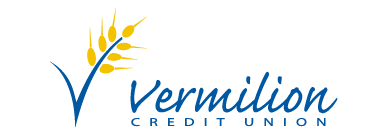Fraud Awareness
Spreading Awareness About Fraud and Recent Fraud Trends
Your protection and safety is important, especially in this world of constant change. It can be hard to keep up with the latest scams so we have compiled the resources here for you. Be sure to check back often as we continue to add updates on the newest scams and fraud schemes.
How to Report a Fraud
Gather what information you have about the fraud that occurred.
- The person's name, the reason they approached/contacted you and when
- How you were contacted
- If the contact was online, take screen shots of the webpages, conversations or any information you may have
- Keep any documentation you have such as receipts, copies of emails or text messages, shipping information, brochures or service agreements
Notify your financial institution and/or credit card company right away. Depending on the type of fraud and whether or not money has been lost, there may be ways your credit union or bank can help you recover those funds. Your financial institution can also place a flag on your accounts to monitor for suspicious activity or open you a new account.
Report the fraud to the RCMP. It is important to let local law enforcement know that a fraud has occurred as it may be part of a bigger scheme and there are likely other victims of the same fraud. This helps the investigation and aids in catching the perpetrators. Provide the RCMP with a copy of any of the information you were able to gather in Step 1.
Contact Transunion and Equifax, Canada's national credit bureaus, to put a fraud alert on your account.
Report the fraud to the Canadian Anti-Fraud Centre (CAFC).
The Canadian Anti-Fraud Centre has an online tool or toll free number 1-888-495-8501

 Search
Search







 www.google.com
www.google.com

